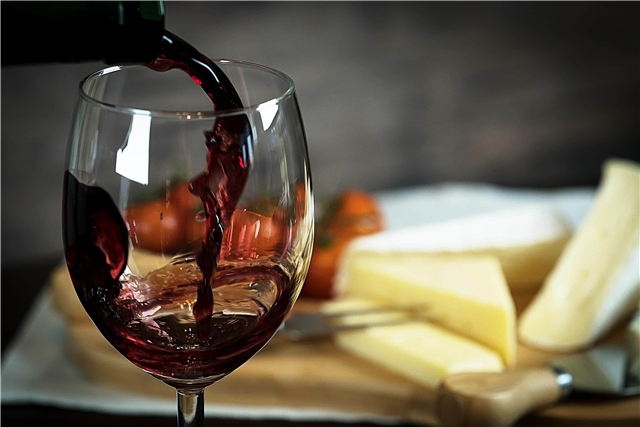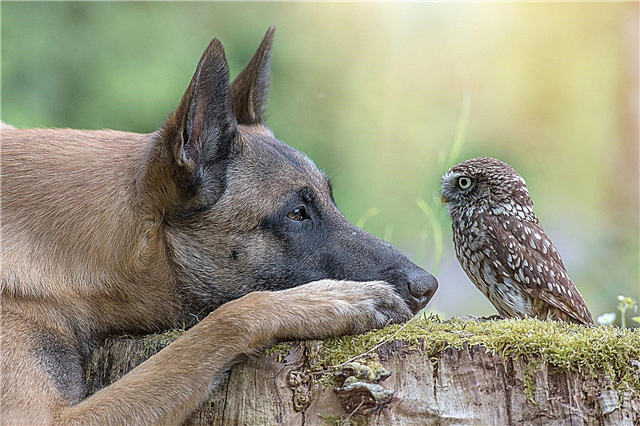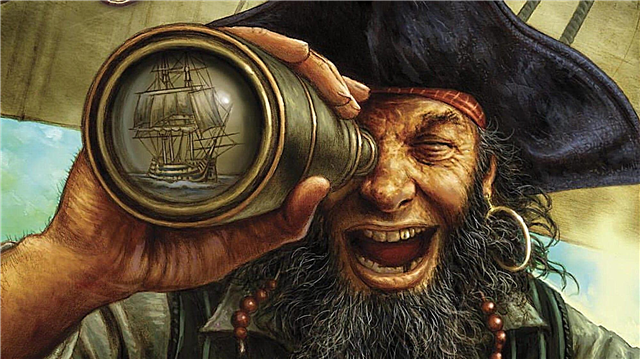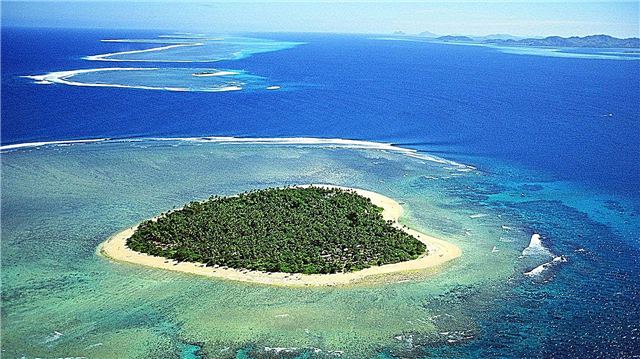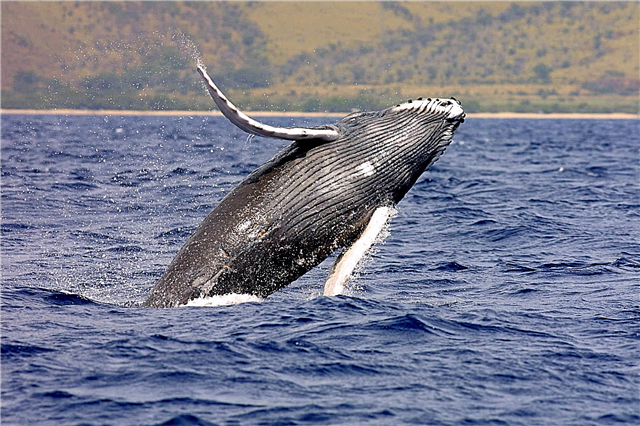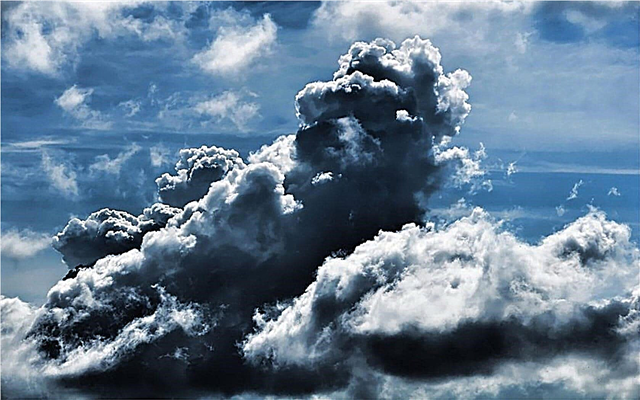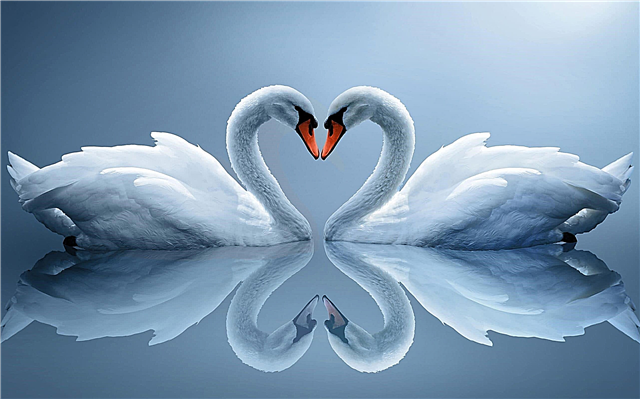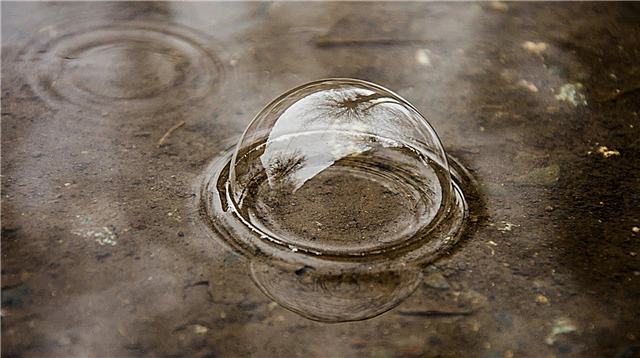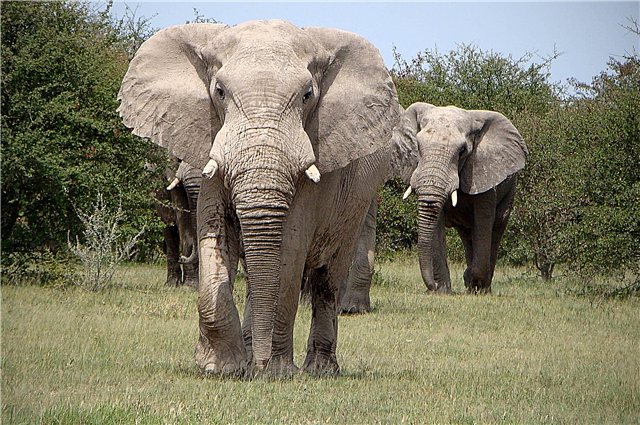
During the evolution of the animal world, a number of methods have been developed that increase the survival of offspring. Some animals carry cubs on their bodies, others build houses for them, and others feed offspring.
Such parental care provides an increased percentage of species survival, and for some species - the transfer of social experience. The most interesting cases of custody of “parents” will be considered in this article.
Caring parents among the fish

Most fish do not worry about their cubs: after laying their eggs in the water, the fish spread out in different directions. But in such fish, the survival of the species is ensured by a huge number of eggs. But among the fish there are caring parents. For example, a nannostomus chooses thick algae or aquatic plants for masonry to protect eggs. Fighting fish build a nest from their own saliva! Usually the male does this: he fills his saliva with air and whips it into foam. In such a foamy nest fry hatch - under the watchful supervision of a “father”, which remains with them until the cubs learn to eat on their own.
Trophies lay very few eggs - and to save offspring, they are forced to carry eggs, and then fry, in their mouths. But the cubs are comfortable and safe! Cichlids adapted themselves to lay eggs in the shells of bivalve mollusks.
Caring Parents - Mollusks

Not everyone knows that octopuses are the smartest creatures. The size of their brain is large, and the structure of the eyes resembles the human organ of vision in complexity. Octopuses are no worse than people taking care of their cubs. After mating, the octopus male soon dies, and the female searches for reliable shelter in the stones, climbs in there and lays eggs.
The masonry needs a constant temperature and oxygen supply, therefore, during the entire period of development of the eggs, the female does not leave her shelter, does not eat, but gently hugs the masonry with tentacles and pours water from the siphon. Since the development of eggs until the small octopuses exit them lasts up to six months, the female eventually dies of exhaustion.
Cubs emerging from eggs do not receive social experience from their parents, so they all have to learn on their own. Perhaps the octopuses and you could eventually evolve into something more reasonable, but the lack of social experience of parents dying before they are born brings this process to nothing.
Crocodiles

Crocodiles are known to be aquatic animals. But for reproduction they go to land. There they build nests from improvised materials - clay, stones and sand - in which the masonry will be located. Crocodiles carefully guard the eggs, and after hatching the offspring, one by one the small crocodiles are transferred to a non-hazardous place.
Mammals and offspring

Of the aquatic mammals, the most caring parents are, of course, the whales and sperm whales, which are viviparous. Pregnancy can last up to one and a half years.Closer to the time of birth, female sperm whales rush to the coasts, occupying various warm bays. After the cubs are born, the females take care of them for a long time. Moreover, the care of the offspring is collective in sperm whales, because several females with newborns live nearby. While some females descend to the depths in search of food, other mothers guard the cubs who still do not know how to dive.
In case of danger (for example, during an attack by killer whales), sperm whales mothers selflessly protect not only their own, but also other people's children, and often die themselves. Also, care is manifested in the feeding of offspring. Like all mammals, whales have mammary glands whose ducts are located in the abdominal folds of the body.


